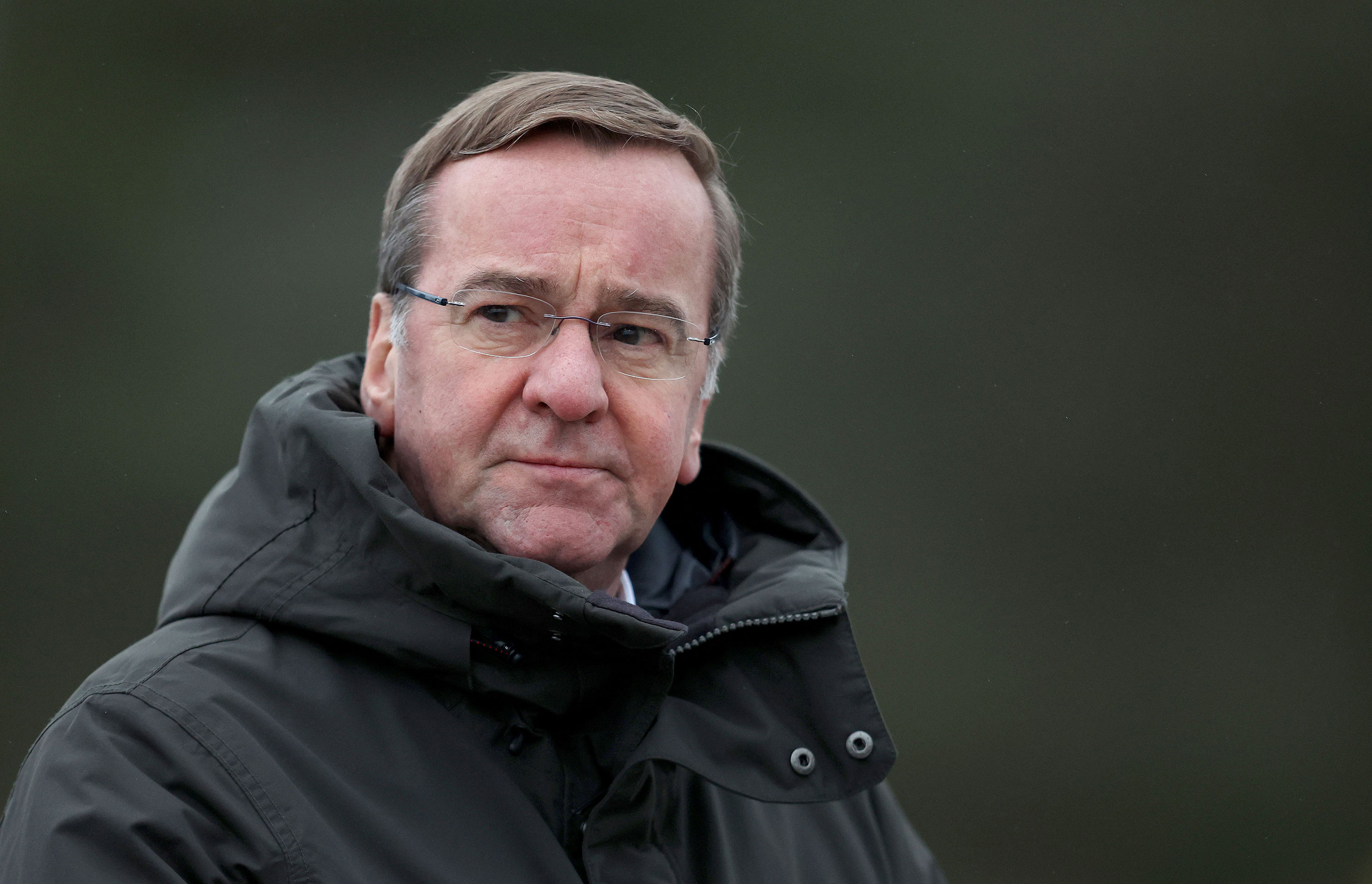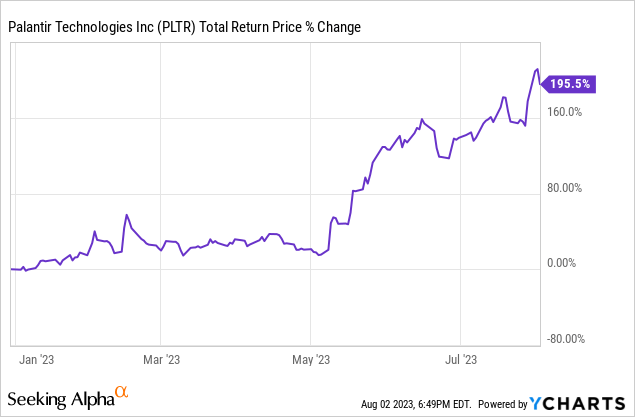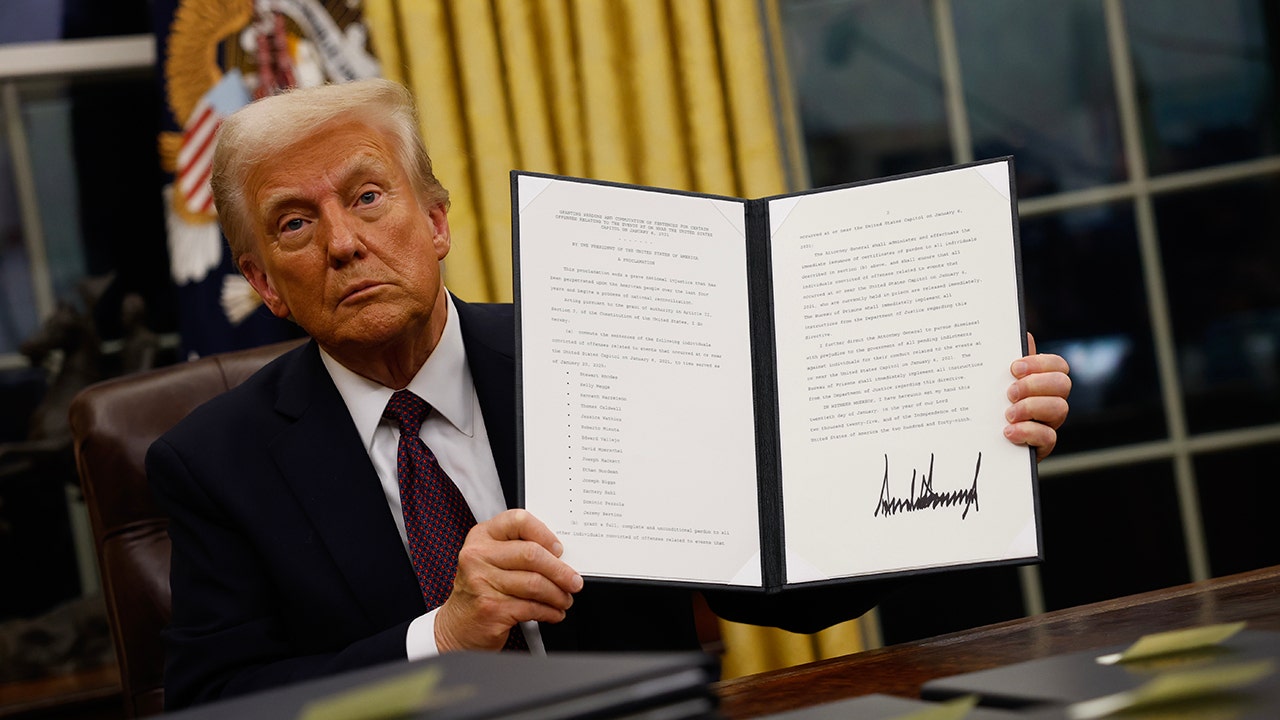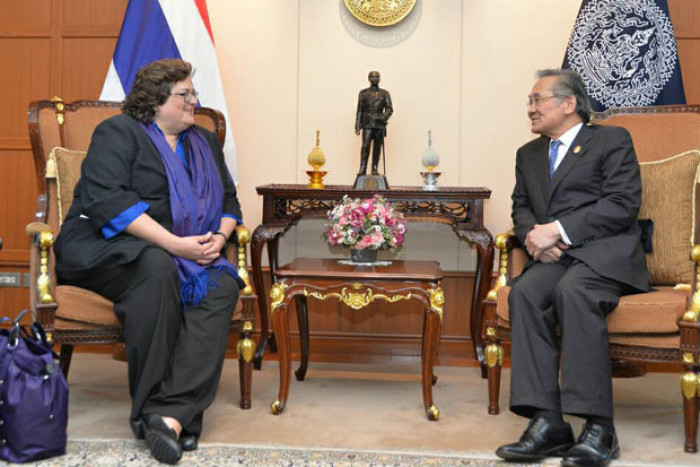Europe Minister Advocates For Joint Nuclear Deterrence

Table of Contents
The Minister's Proposal: Key Aspects of Joint Nuclear Deterrence
[Minister's Name], the [Minister's Title] of [Country], has recently put forward a bold proposal for a Joint Nuclear Deterrence strategy for Europe. This plan envisions a collaborative framework where participating nations would pool resources, share responsibility for nuclear weapons, and establish a unified command structure. The minister argues that this approach would provide significantly enhanced security for all involved.
The proposed framework outlines several key components:
- Shared Responsibility: Instead of individual nations bearing the sole burden and cost of maintaining nuclear arsenals, this model distributes the responsibility across participating countries.
- Resource Pooling: By combining resources, the plan aims to achieve cost-effectiveness and optimize the efficiency of nuclear deterrence capabilities.
- Unified Command Structure: A single, jointly agreed upon command structure would oversee the deployment and control of nuclear weapons, ensuring coordinated action and avoiding potential conflicts between individual national commands.
The minister claims several key benefits from this approach:
- Increased security and stability in Europe: A stronger, unified deterrent against potential adversaries.
- Reduced reliance on individual nation's nuclear capabilities: Diminishing the risk associated with individual nations possessing and managing nuclear weapons.
- Cost-effectiveness through shared resources: Optimizing resource allocation and reducing the overall financial burden of nuclear deterrence.
- Enhanced deterrence against potential adversaries: A more credible and robust deterrent, discouraging aggression and promoting peace. This is especially relevant considering the ongoing tensions and the changing global security landscape, with keywords like European Security, Nuclear Weapons, Defense Strategy, NATO, and Collective Security all playing significant roles in the debate.
Potential Advantages and Challenges of Joint Nuclear Deterrence in Europe
A unified approach to nuclear deterrence in Europe offers significant potential benefits, including:
- Stronger collective defense against threats: Providing a more robust shield against potential external aggression.
- Reduced risk of nuclear proliferation: By centralizing control and reducing the number of independent nuclear arsenals, the potential for the spread of nuclear weapons is decreased.
- Improved international cooperation on security matters: Fostering closer collaboration and trust among European nations on matters of vital importance.
However, several challenges and obstacles need to be addressed:
- National sovereignty concerns: Some nations may be hesitant to cede control over aspects of their national security to a joint body.
- Concerns regarding control and command structures: Establishing a transparent and accountable command structure that satisfies all participating nations will be crucial.
- Differing national security priorities: Reconciling the varying national interests and security priorities of different European states will be a complex undertaking.
- Treaty obligations and international law: The proposal must comply with existing international treaties and agreements relating to nuclear proliferation, arms control, and international security. The role of the European Union and its existing security frameworks will need careful consideration.
Reactions and Responses to the Proposal: Domestic and International Perspectives
The minister's proposal has elicited a range of reactions from other European nations and international organizations. While some have expressed cautious optimism, others have voiced significant concerns. NATO allies, for instance, are closely examining the proposal's implications for their existing security arrangements. The political analysis surrounding this proposal is complex, involving discussions of international relations, geopolitics, and the views of NATO allies. Public opinion also plays a significant role, requiring careful consideration of various perspectives. Quotes from key political figures and experts involved in the debate can help illuminate the complexities of the situation.
The Future of Joint Nuclear Deterrence in Europe: Analysis and Predictions
The likelihood of the proposal being adopted remains uncertain. Several factors will influence its fate, including the willingness of key European nations to relinquish some level of control over their nuclear arsenals and the ability of negotiators to overcome the significant challenges discussed above. The potential long-term implications are far-reaching. Positive outcomes could include a more stable and secure Europe, while negative ones could involve increased tensions or unforeseen security risks. Alternative scenarios, such as a continuation of the current system or the emergence of regional alliances, need to be considered when conducting strategic analysis and predicting the future of nuclear policy in Europe. This requires analyzing trends in security predictions, the future of Europe, and defense spending.
The Path Forward for Joint Nuclear Deterrence
[Minister's Name]'s proposal for Joint Nuclear Deterrence presents a radical yet potentially beneficial approach to European security. While significant challenges remain, the potential advantages—increased stability, cost-effectiveness, and a stronger collective defense—are compelling. The debate surrounding this proposal is crucial, and we encourage readers to delve deeper into the nuances of this complex issue. Further research into the implications of joint nuclear deterrence, accessing resources such as academic papers, government reports, and think-tank analyses, is vital for informed participation in this critical conversation. The future of European security may well depend on the choices made regarding nuclear deterrence in the years to come.

Featured Posts
-
 43 Billion Increase Space X Stake Now Outweighs Elon Musks Tesla Investment
May 09, 2025
43 Billion Increase Space X Stake Now Outweighs Elon Musks Tesla Investment
May 09, 2025 -
 Where Is Indias First Astronaut Rakesh Sharma Now
May 09, 2025
Where Is Indias First Astronaut Rakesh Sharma Now
May 09, 2025 -
 Offres D Emploi A Dijon Restaurants Et Rooftop Dauphine
May 09, 2025
Offres D Emploi A Dijon Restaurants Et Rooftop Dauphine
May 09, 2025 -
 Should Investors Buy Palantir Stock Before May 5th A Wall Street Perspective
May 09, 2025
Should Investors Buy Palantir Stock Before May 5th A Wall Street Perspective
May 09, 2025 -
 Indian Insurers Lobby For Less Stringent Bond Forward Rules
May 09, 2025
Indian Insurers Lobby For Less Stringent Bond Forward Rules
May 09, 2025
Latest Posts
-
 News From The Bangkok Post The Push For Better Transgender Rights
May 10, 2025
News From The Bangkok Post The Push For Better Transgender Rights
May 10, 2025 -
 The Bangkok Post And The Ongoing Struggle For Transgender Equality
May 10, 2025
The Bangkok Post And The Ongoing Struggle For Transgender Equality
May 10, 2025 -
 The Impact Of Trumps Executive Orders On The Transgender Community A Call For Stories
May 10, 2025
The Impact Of Trumps Executive Orders On The Transgender Community A Call For Stories
May 10, 2025 -
 Examining Transgender Equality Issues Highlighted By The Bangkok Post
May 10, 2025
Examining Transgender Equality Issues Highlighted By The Bangkok Post
May 10, 2025 -
 The Bangkok Post And The Fight For Transgender Equality In Thailand
May 10, 2025
The Bangkok Post And The Fight For Transgender Equality In Thailand
May 10, 2025
